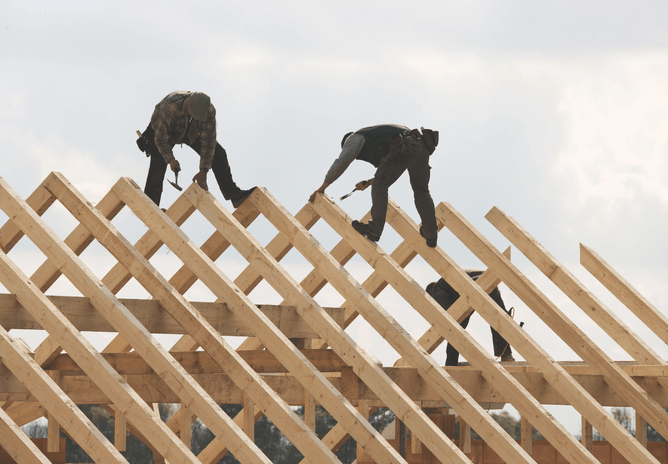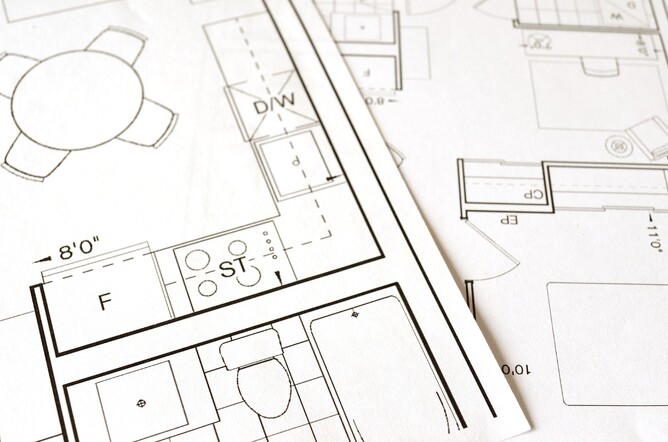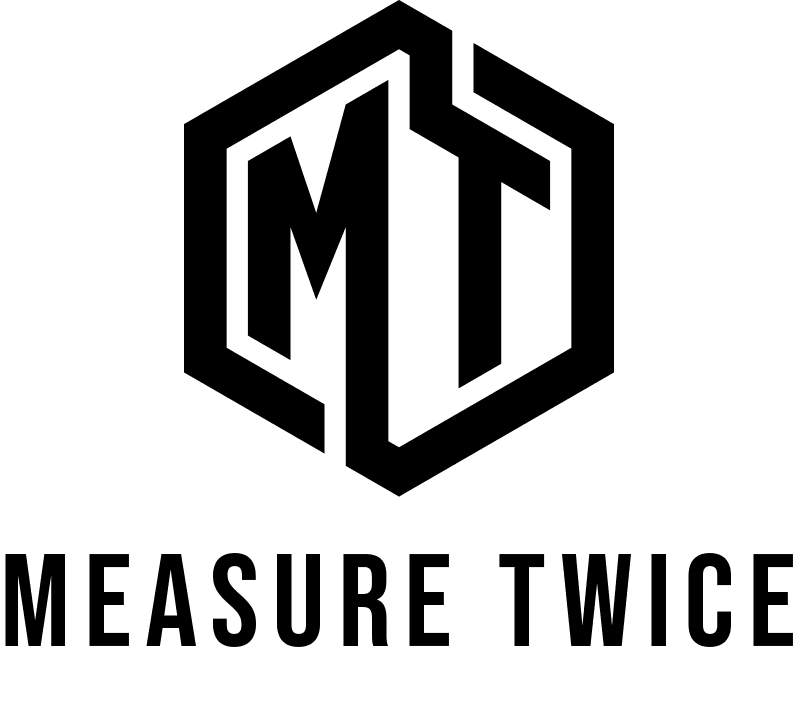2022 could be crunch time for the building industry in New Zealand beginning with the real and immediate issue of material supplies for building.
Recent feed back from local residential builders and building companies finds them waiting weeks and several months for common building materials that used to be standard stock items not so long ago.
Houses that normally might be expected to take, say 4 months to build might now reasonably take 6 or 8 months to complete for instance.
This not only affects cashflow for the builder but yearly income and puts strain on paying for overheads and staff.
I know of one Builder who was looking to hire staff a few months ago has now said that he may lay off some of his builders in the near future if he has to.
Not only that, he is giving serious consideration to working on a Labour-only basis and leaving the Owner to organise and directly pay for the materials and various Sub-contractor trades.
In effect, making the Owners the Project Managers.
If this constriction of building supplies continues to affect the building pipeline for too long, it will be the companies that operate on high volumes and low margins or the smaller local builders who do not have the cash reserves to weather a long period of slow-down that will be most at risk.
There are also other head-wind pressures to add to the slow down mix , such as rising interest rates and loan conditions recently introduced , however this is in contrast to the seemingly inexhaustible demand for new residences.
There may be enough momentum in this demand to get the residential building industry out the other side of this supply chain crisis.
Forward planning and early ordering of materials will go a long way in ensuring that delays are minimised during your building project.
If your builder has not supplied you with a comprehensive building cost and material Schedule of Quantities, you might consider engaging one yourself to help in this end.




